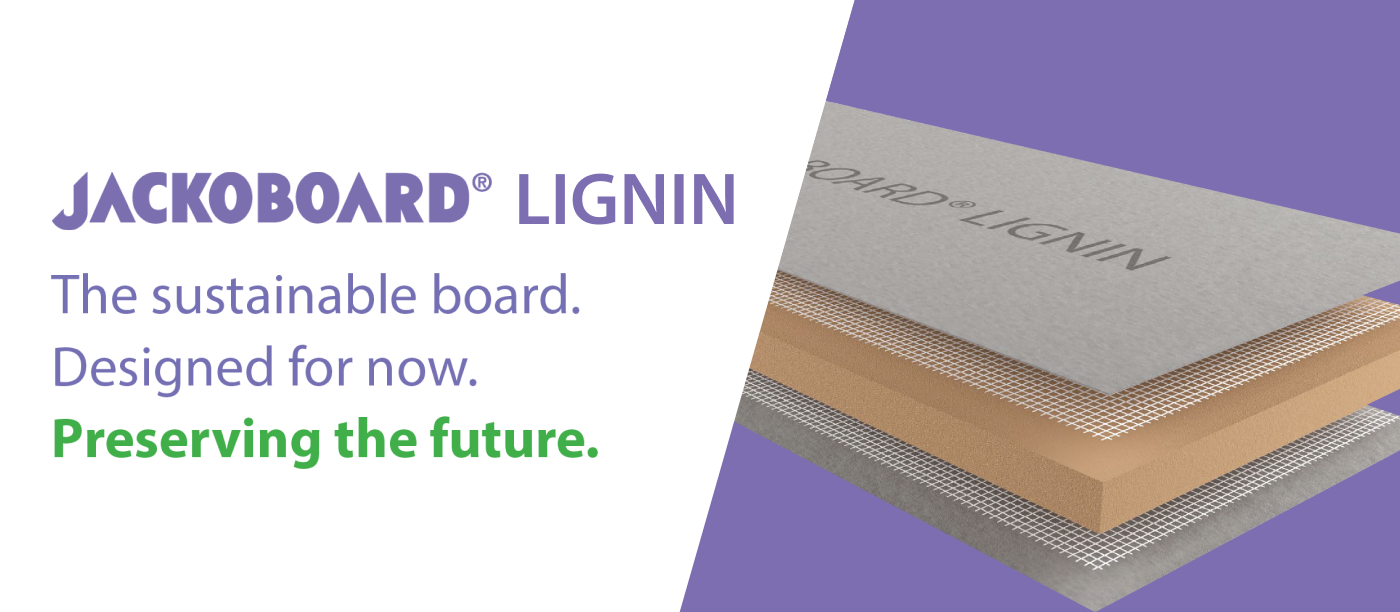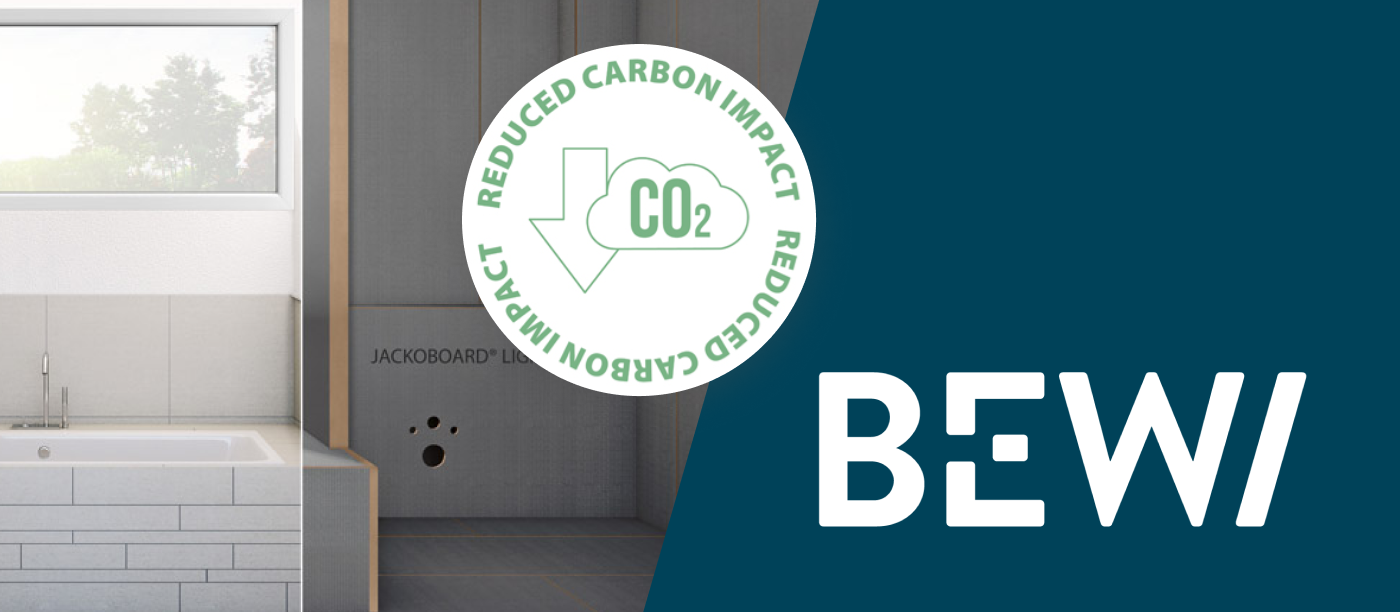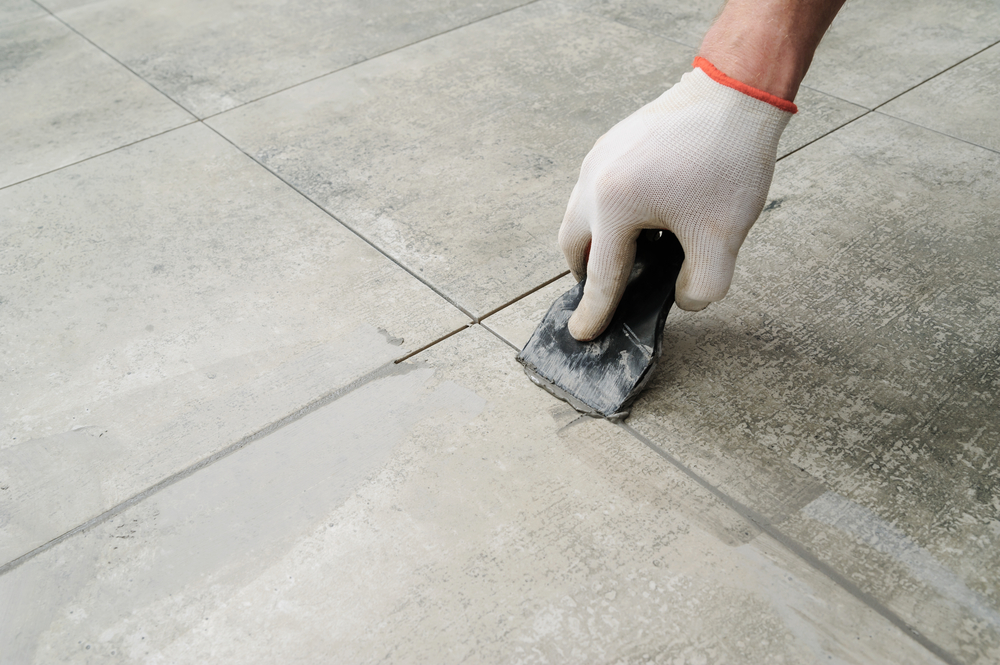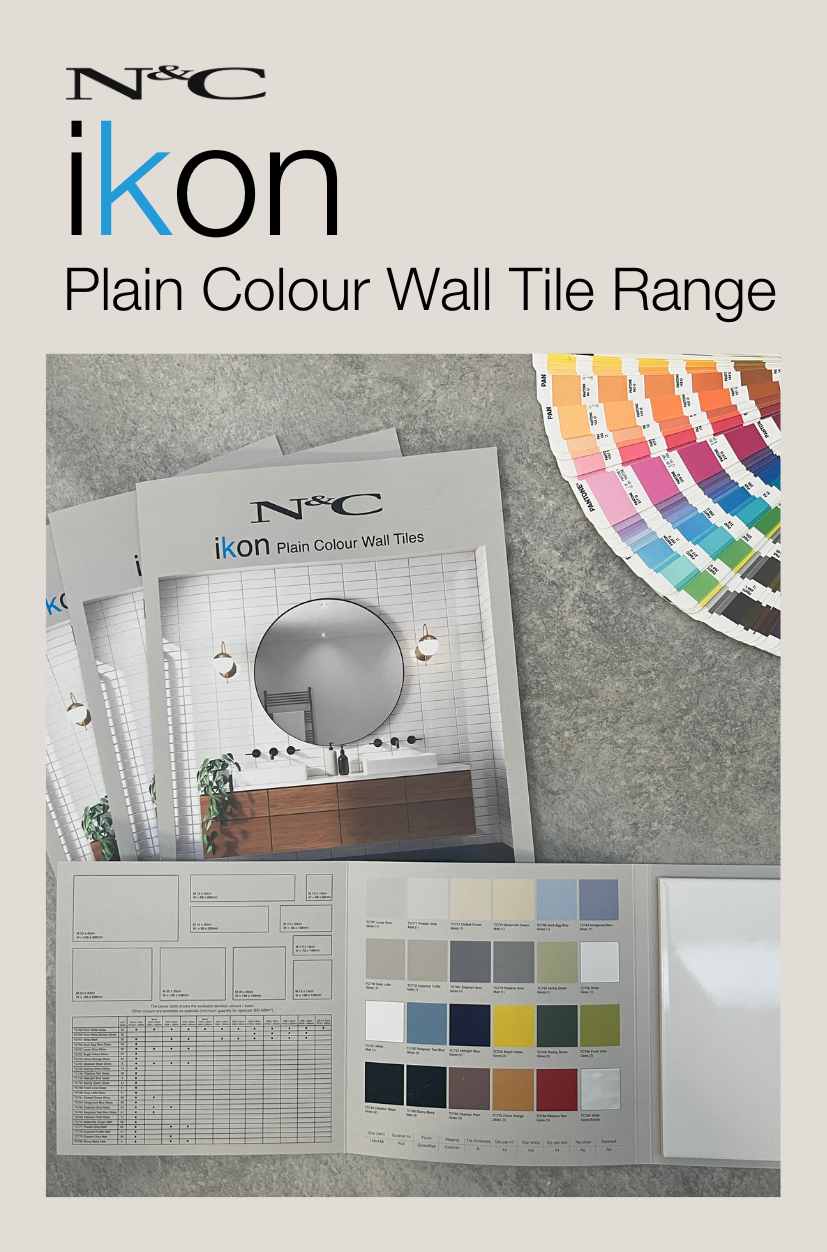Tiled surfaces in places such as bathrooms and kitchens are constantly exposed to wet and humid conditions, and undoubtedly create the ideal environment for the growth of microbes in homes and public spaces. This not only contributes to low levels of cleanliness, but also to poor indoor air quality, the development of stains and odours, and the growth of mould that can lead to premature degradation.
A partnership between one of the market leaders in tiling installation systems and a leading global manufacturer of innovative antimicrobial technologies has tackled this challenge head on, developing a range of products with built-in antimicrobial protection.
We are now living in a microbe-conscious world, where the ability to reassure users of cleanliness and care has never been more important. The growth of microorganisms, including mould and mildew, can lead to stains, odours and degradation and, ultimately, damaging, long-term consequences to buildings.
However, traditional disinfectants can only offer limited residual activity against microbes once sprayed on to a surface, and harsh cleaning formulas can contribute to regular wear-and-tear and early product degradation. To tackle this, some manufacturers have turned to built-in antimicrobial technologies for all kinds of building and decorating materials, to provide enhanced surface cleanliness and defence against product-damaging microbes. Built-in antimicrobial technology has the power to provide a cleaning strategy that combats this and complements regular disinfection practices.
Tiles are an obvious target for this technology, but installation materials, particularly finishing products such as grouts and silicone sealants, can also benefit from antimicrobial capabilities, as they often contain substances such as starches, organic adhesives and cellulose sugars that can serve as nutrients and encourage the growth of bacteria, mould and mildew.
However, the formulation of grouts and sealants is a fine-tuned process, and manufacturers need to ensure that the addition of antimicrobial technologies does not compromise key product features such as the texture, finish and durability. This is where partnering with a trusted antimicrobial additive company comes to the fore.
Combining an in-depth knowledge of adhesive, grout and sealant formulations with an intricate understanding of antimicrobial chemistries is the perfect balance. Efficiently incorporating advanced antimicrobial chemistries into products during manufacture offers long-lasting and proactive protection against the growth of microbes to improve levels of durability, enabling the ongoing manufacture of high quality, regulatory-compliant products with optimum antimicrobial efficacy.
For more information, contact: Darrell Taylor, EMEA Key Account Manager, Microban® International or Alex Underwood, Head of Marketing, BAL (AUnderwood@building-adhesives.com).








